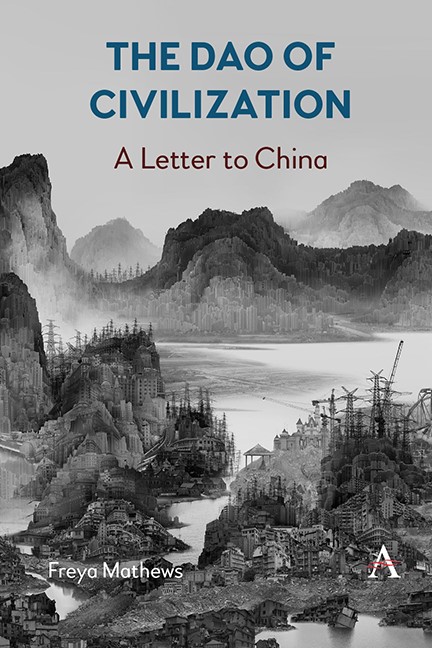Lecture 1 - What is wrong with the Western worldview? Is dualism the problem?
Published online by Cambridge University Press: 15 November 2023
Summary
Early Days of Environmental Philosophy: the Problem of Dualism
In the 1970s–1980s a radical critique of traditional Western approaches to nature emerged simultaneously at various flashpoints in the Western world, notably Australia, Norway and the USA.
The Norwegian critique emanated from philosopher Arne Naess who became the founder of the deep ecology movement. In the USA a handful of emerging philosophers, amongst them Holmes Rolston, Baird Callicott and Eugene Hargrove, gave voice to their environmental concerns in a new journal, Environmental Ethics. There was a less well-known but just as trenchant Australian critique from the Routleys (later known as Richard Sylvan and Val Plumwood) at the Australian National University. All these early philosophers recognized that the environmental problems that were coming into view at that time were the result not merely of faulty policies and technologies but of underlying attitudes to the natural world that were built into the very foundations of Western thought.
For all of them, the notion of anthropocentrism was key to these attitudes. Anthropocentrism was the groundless belief, amounting to nothing more than prejudice, that only human beings matter, morally speaking; to the extent that anything else – animals, plants, ecosystems, the natural world generally – matters, it does so only because it has some kind of utility for human beings. Together, these early philosophers challenged this assumption and asked, as Richard Routley put it in his 1973 paper of the same name, ‘is there a need for a new, an environmental, ethic?’. By an environmental ethic they meant an ethic of nature, an ethic that treats nature as morally considerable in its own right.
This early challenge to anthropocentrism set the agenda for the new discipline of environmental philosophy, which proceeded to mature through the 1980s and 1990s as a new generation of thinkers joined the inquiry.
Why, these philosophers wondered, had the West developed such a blinding moral prejudice against nature and in favour of humanity? It was clear that some kind of dualism or binarism was at work – a dichotomizing tendency that set the human apart from and above nature. The human stood as the measure of all meaning and value against the brute facticity of nature.
- Type
- Chapter
- Information
- The Dao of CivilizationA Letter to China, pp. 15 - 28Publisher: Anthem PressPrint publication year: 2023

